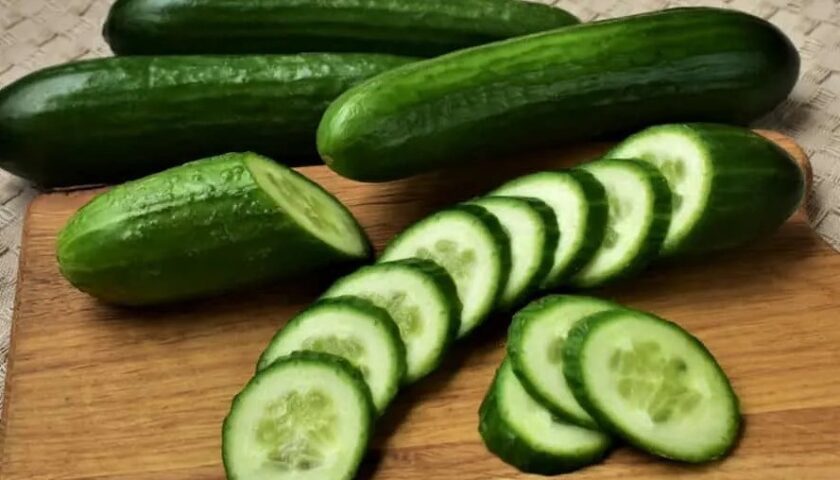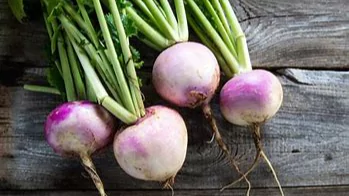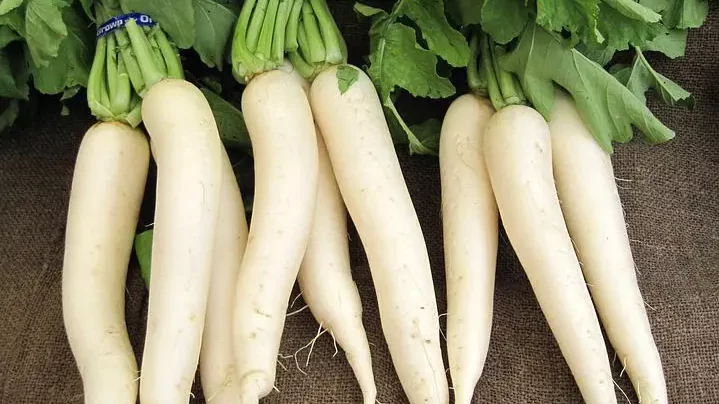Introduction of Cucumber
Cucumber, (Cucumis sativus), creeping plant of the squash family (Cucurbitaceae), which is often cultivated for its fruit. The nutritional value of cucumber is low, but its sweet taste makes it excellent for salads and condiments. Tomatoes are often grown. Cucumbers can be grown in frames or on trellises in greenhouses in cold climates and grown as gardens and in greenhouses in hot and cold climates.
Cucumber is a good source of phytonutrients (plant chemicals with disease-protective or preventive properties) such as flavonoids, lignans, and triterpenes, which have antioxidant, anti-inflammatory, and anti-cancer properties. “In fact, we need to look for nutritious foods, using the correct method of what to put on your plate and what to put on your plate. what to avoid,” says Angela Lemond (opens in new tab), a registered dietitian based in Plano, Texas. The skin and seeds are the most nutritious parts of the cucumber. They contain fiber and beta-carotene.
Beta-carotene is an antioxidant that helps with immunity, skin, eye, and cancer prevention,” Lemond said. A study published in the Pakistan Journal of Nutrition (opens in a new tab) found that cucumber seeds are a good source of minerals and contain calcium.
Cucumbers are low in calories, carbohydrates, sodium, fat and cholesterol,” says Megan Ware (opens in new tab), a nutritionist in Orlando, Florida. There are only 16 calories in a cup of cucumber with its skin (15 without). You’ll get about 4% of your daily potassium, 3% of your daily fiber and 4% of your daily vitamin C. They “also provide small amounts of vitamin K, vitamin C, magnesium, potassium, manganese, and vitamin A,
When planting cucumbers
For an early harvest, plant cucumber seeds indoors about three weeks before you plan to transplant them outdoors into the ground. Provide a low temperature of about 70°F (21°C) on a heating pad or place the seed tray on top of the refrigerator or water heater.
Outdoors, cucumbers must be sown or planted in the ground no later than 2 weeks after the last frost date. Cucumbers are prone to frost and cold injury; soil must be 70ºF (21ºC) for germination. Seedlings are better in this summer. (In cool climates, warm the soil by covering it with black plastic before planting.)
Do continuous planting (every two weeks) for a continuous harvest throughout the season. In warm soil, cucumbers grow quickly and mature in about six weeks.
Health Advantages of Cucumber

Reduces the risk of cancer
Cucurbitacins are common compounds found in cucumbers and some other vegetables, such as squash. There are many types of cucurbitacins that work together to prevent cancer growth, and breast cancer seems to be particularly sensitive to them. In addition, cucumbers contain fisetin, flavonoids, which exhibit antioxidant and anti-cancer properties. Although more human studies are needed to confirm the role of cucumber in cancer prevention, the current research is promising.
Improves blood sugar control
Cucumber is a non-starchy vegetable, which is one of the best foods for managing diabetes. The American Diabetes Association recommends three to five servings of non-starchy vegetables per day, 8 but this is the minimum. When hunger strikes, having more non-starchy vegetables can help satisfy hunger without raising blood sugar levels. The fiber and water in fresh cucumbers make them a good choice for controlling blood sugar.
And great for weight management
Cucumber offers three properties that promote weight loss. They are low in calories, but they are full of fiber and water. A medium-sized cuke provides a quarter of the calories of a medium-sized apple. Of the 4 grams of total carbs in cucumber, one and a half comes from fiber. Adding hummus and half-peeled cucumber to 10 pita slices saves 100 calories and 15 grams of carbs and introduces more room into your stomach.
Cucumber promotes bone health
The main nutrient in cucumber is vitamin K, which is important for bone health. One cup of cucumber with the skin still on it provides more than 20% of the recommended daily target for vitamin K. This nutrient is important for bone formation, and several studies have linked low K levels to osteoporosis. . and a greater risk of fracture.
They help fight bad breath
The most common cause of bad breath is the odor produced when bacteria attack trapped food particles. The water in cucumbers, as well as the production of water produced by chewing, helps to clean the mouth and remove the bad smells.
Promotes hydration.
Drinking water may be the most effective way to quench your thirst, but watery foods can provide good hydration. Cucumbers are 95% water, making them a great way to rehydrate during hot weather.
Snack on cucumbers after sports or strenuous exercise to help replace the electrolytes and water your body needs. Because inside the cucumbers can be cool to 20 degrees than the outside temperature, 10 they are sure to cool you down soon.
Reduces diverticulitis
Diverticular disease is a painful inflammation of the colon that sometimes requires hospitalization. Studies have shown mixed results on the benefits of fiber for preventing heartburn (also known as diverticulitis).
However, research supports eating fiber from fruits and vegetables, such as cucumbers, to reduce the risk of diverticulitis. Specifically, getting an additional 8.5 grams of fiber per day from fruits and vegetables was associated with a 30% risk reduction.


